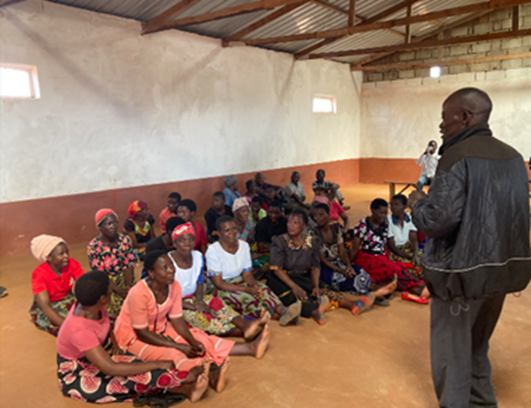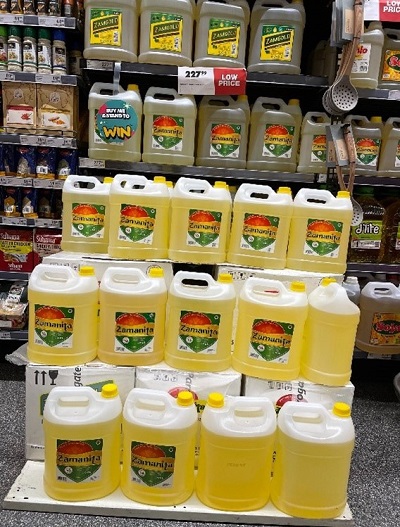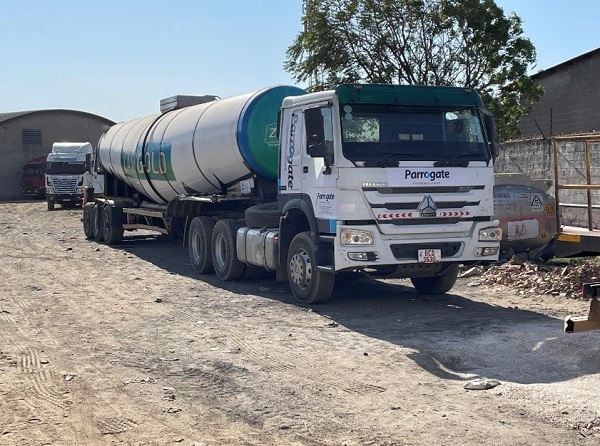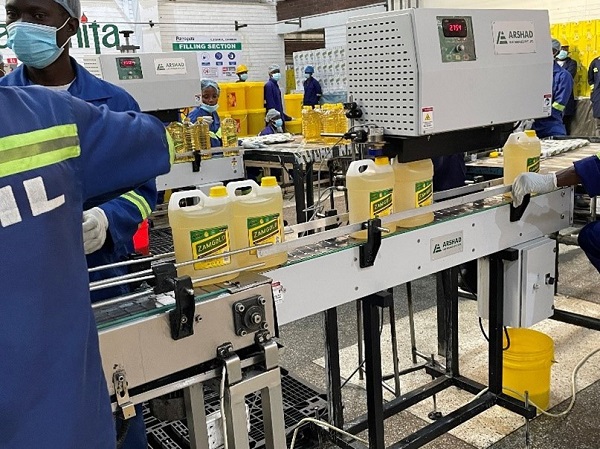【事例紹介】アフリカで農業の付加価値向上に取り組む企業の事例を紹介します。
2024.10.21
(English Follows Japanese)
サブサハラアフリカ地域(アフリカ大陸のサハラ砂漠より南にある地域の総称 )では就労人口の約55%が農業分野で働いていますが、農業が GDP に占める比率は約16%に留まっています。JICAが海外投融資(※)のスキームを活用して実施している「南部アフリカ 農業バリューチェーン強化事業」の対象国のザンビア、マラウイにおいても同様の傾向があり、両国の開発政策でも生産性の向上に加え、流通・加工分野を含めた産業全体の付加価値(バリューチェーン)を高めることが重要視されています。
本事業ではアフリカを中心に事業を展開する大手農業商社であるETC Group(以下、「ETG」)(本拠所在地:ドバイ)とそのグループ会社がザンビアとマラウイにおいて大豆の加工工場の建設・運営をするもので、バリューチェーン強化を通じた農業の高付加価値化が期待されています。
ETGは農作物の自社生産はおこなわず、農村部にある自社の拠点を通じて周辺の小規模農家から農作物の買付をし、大豆農家にとって安定的な大豆販売先になります。それだけでなく同グループは、取引先農家に対する土壌診断、肥料・種子・農薬の選定といった営農指導も自社拠点でおこなっています。産業の高付加価値化による経済成長への貢献や雇用創出に加えて、加工産業による域内での大豆調達の拡大を通じて、周辺の大豆生産農家の生産性向上・所得向上も期待されます。
JICAは、本事業を通じてETGのミッションである“When farmers grow, we grow, too.(農家とともに成長する)”の達成を支援することで、食料安全保障の実現と持続可能な農業の促進を目指します。
(※)JICA海外投融資:有償資金協力の一つで、インフラ整備、貧困削減、気候変動対策などの分野で開発効果の高い事業をおこなう日本企業を含む全世界の民間企業などに対して「融資」や「出資」をおこなう支援。
#JICA #海外投融資 #ザンビア #マラウイ #農業 #バリューチェーン
【 Good Practice 】Adding more value to agriculture in Africa
In Sub-Saharan Africa (the region south of the Sahara Desert on the African continent), agriculture is a key industry, accounting for about 55% of the working population, but it represents only about 16% of GDP.
The same trend can be seen in Zambia and Malawi, so the development policies of both countries emphasize the importance of adding more value to the agricultural industry as a whole, including the distribution and processing sectors, by bolstering value chains along with boosting the productivity of production sectors. JICA is supporting these countries through “Southern Africa Agricultural Value Chain Enhancement Project” under Private-Sector Investment Finance (PSIF)*.
The Project is designed to assist the ETC Group (ETG), a major agricultural trading house operating mainly in Africa, and its affiliated companies in constructing soybean processing plants in Zambia and Malawi. It is expected to help bolster local value chains and thus contribute to high value-added agriculture.
The ETG does not cultivate crops on its own; instead, it purchases them largely from local small farmers through its rural centers to be a stable purchaser for local small farmers. The ETG also conducts soil diagnosis for its supplying farmers and provides them with farm management guidance, notably advising what fertilizers, seeds, and agrochemicals to use. The processing industry’s increased purchase of soybeans in the region, as well as the expected economic growth and job creation due to a high value-added industry, will help local soybean farmers increase their productivity and income.
Through this Project, JICA is supporting the ETG to realize their mission “When farmers grow, we grow, too” to achieve food security and promote sustainable agriculture.
* Private-Sector Investment Finance (PSIF)
PSIF is a scheme to support, through the provision of loans and equity, private enterprises around the world, including Japanese companies that conduct business with high development outcomes in such sectors as infrastructure development, poverty reduction, and measures against climate change.
#JICA #PrivateSectorInvestmentFinance #Zambia #Malawi #Agriculture #ValueChains
写真①:マラウイの農家 当地ではこれまでたばこ産業を中心に複数の農家が集まり組合組織を作る慣習があった。大豆生産を中心とした組合の数も、複数になってきているが、面談を行ったChilazaグループ(組合)は234人のメンバーがおり(女性211人、男性23人)、それぞれ大豆耕作をしている小規模農家である。

写真②:ザンビアのスーパーで売られているザンビアETG生産の大豆油

写真③:ザンビア・マラウイ両工場ともに物流の手段を自前で持っており、JICA資金が一部トラック購入に使われている

写真④:ザンビアの工場内にあるパッケージングライン

scroll